Vegetarianism and the "goat food"
6 minutes read | 1 comments
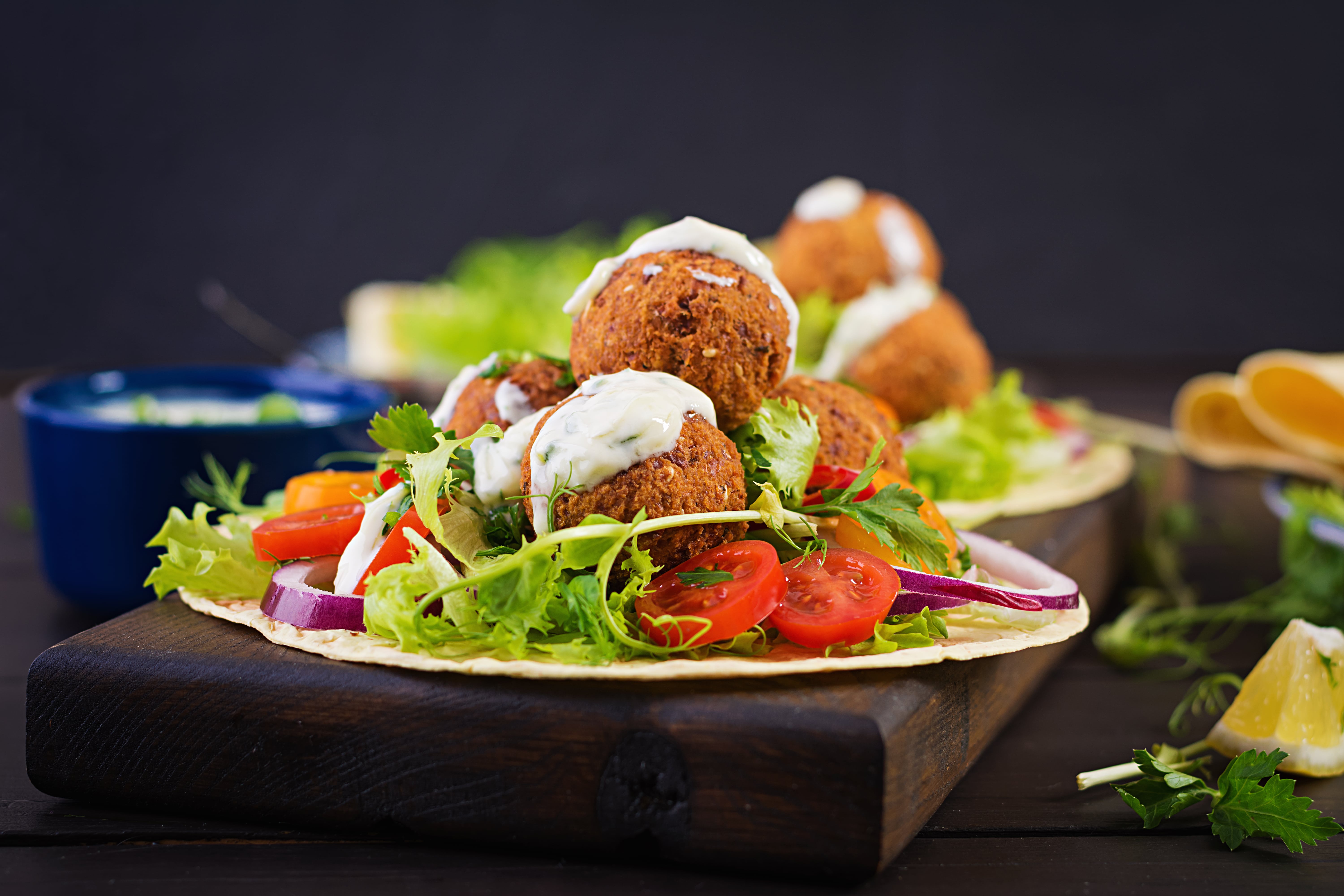
Written by Joseph Addo

Goat food?
Most often you’d hear some people in my locality ask “am I a goat?” … and this in response to the advice to eat or add veggies to the meal. It’s quite funny since these vegetables they are rejecting or claiming to be goat food are actually more beneficial to their health. Such people tend to tag the term “vegetarianism” as “eating grass or herbs” and as laughable as it is, we should seek to correct such thinking and create a better understanding of what it means to be vegetarian.
What is Vegetarianism?

Vegetarianism is simply put as the practice of living on other sources of food (usually plant-based) except fleshy food (i.e., all kinds of meat and fish). So, vegetarians basically live on grains, cereals, vegetables, fruits, legumes and nuts, some even choose to go with milk. Usually, people generally confuse the term Vegan with Vegetarianism, it’s not far from right but you’ll soon find out what means what. This brings us to the different types of vegetarianism.
Types of Vegetarianism
- Lacto-vegetarian: This type of vegetarian takes in everything plant-based and allow dairy products (i.e., milk, yoghurt, cheese or butter). They don’t take in meat of any form.
- Ovo-vegetarian: Like any other vegetarian, they don’t take in animal-based diet but they allow for eggs. They don’t take milk or meat.
- Lacto-ovo vegetarian: This type of vegetarian has a plant-based diet but also do allow for eggs and dairy products.
- Pescatarian: This is when a vegetarian decides to add fish to his or her diet but excludes all other animal-based food (meat, dairy products or eggs).
- Vegan: A vegan is a true vegetarian with a diet completely made up of plant-based food and no allowance for animal-based products.
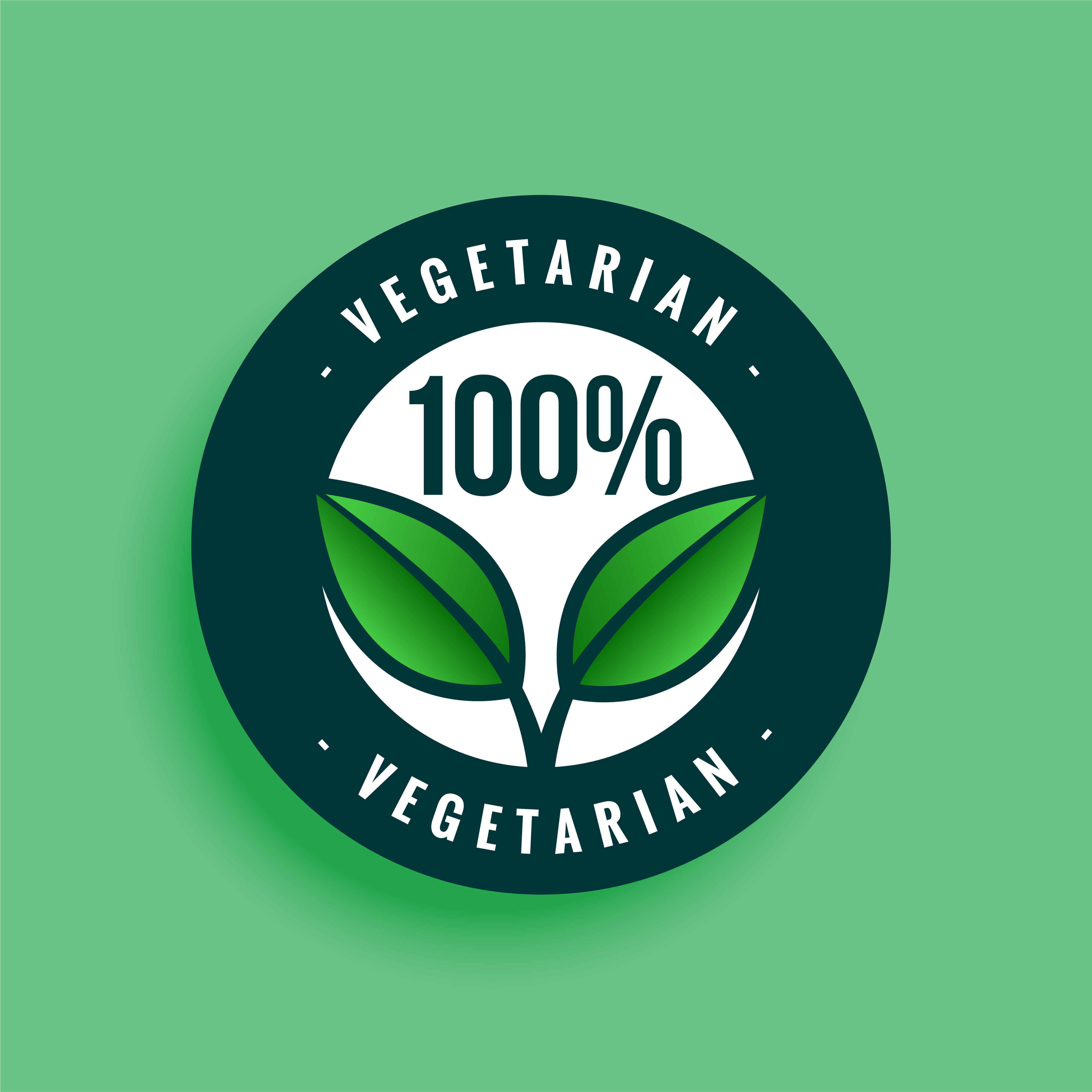
The Benefits
Vegetarianism has quite a number of benefits to it as compared to meat eating folks, some of which are;

- Reduced low-density lipoprotein (bad cholesterol) levels since cholesterol is obtained from animal products.
- Lower blood pressure and lower rates of hypertension
- Low risk of death from ischemic heart disease due to low bad cholesterol levels.
- Low risk of type 2 diabetes
- Vegetarians tend to show low body mass index as well
- There is also a study that shows vegetarians have a lowered risk of acquiring some cancers.
- Due to the structure of their diets, vegetarians have an increased concentration of protective nutrients and anti-oxidants that lowers the rate at which they fall ill and their life expectancy is increased. In fact, research conducted in 2003 shows that reducing meat consumption increases life expectancy by 3.6 years.
- Helps protect the brain and boosts brain power.
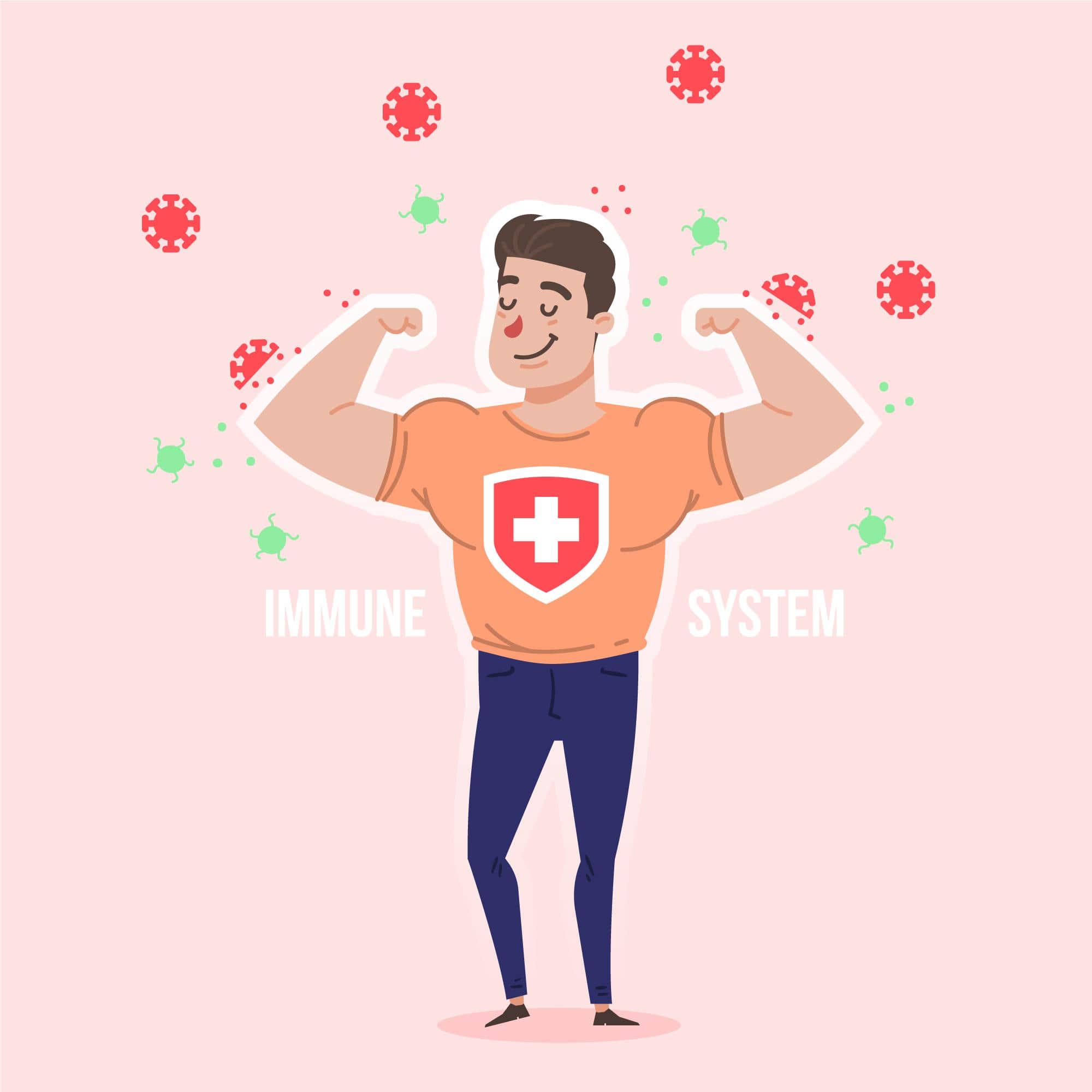
The downsides
Though it seems all so nice to have those benefits, vegetarians aren’t superhuman, like every other law-governed state, if you don’t follow the laws of health, you will suffer the judgement. Simply eating doesn’t protect you, you’d still need to keep a clean lifestyle;
- Eat at the right times
- Drink enough water
- Exercise or stay active
- Avoid alcoholism and drugs entirely (cocaine, meth and smoking)
- Avoid caffeine
- Avoid junk food and sugars
- Reduce oil intake
- Avoid processed foods.
Vegetarians might end up nutrient deficient if they aren’t careful in their selections for food, this is the biggest challenge vegetarians might face. Vitamins like Iron and B-12 which are necessary for blood formation or production; Calcium, Zinc, Iodine and vitamin D for bone and teeth strength and formation, immunity, healing, brain development and improved metabolism; Fatty acids and proteins to aid in tissue repairs, brain development, cell membrane formation and prevention of a number of diseases including cardiovascular diseases and some cancers. These are some nutrients which could easily be missed if a vegetarian isn’t careful in food ingredient selection. You could always consult a dietician or nutritionist in order to be certain which food ingredients or food supplements will provide you with these nutrients since they are either mostly found in animal products or required in smaller quantity.
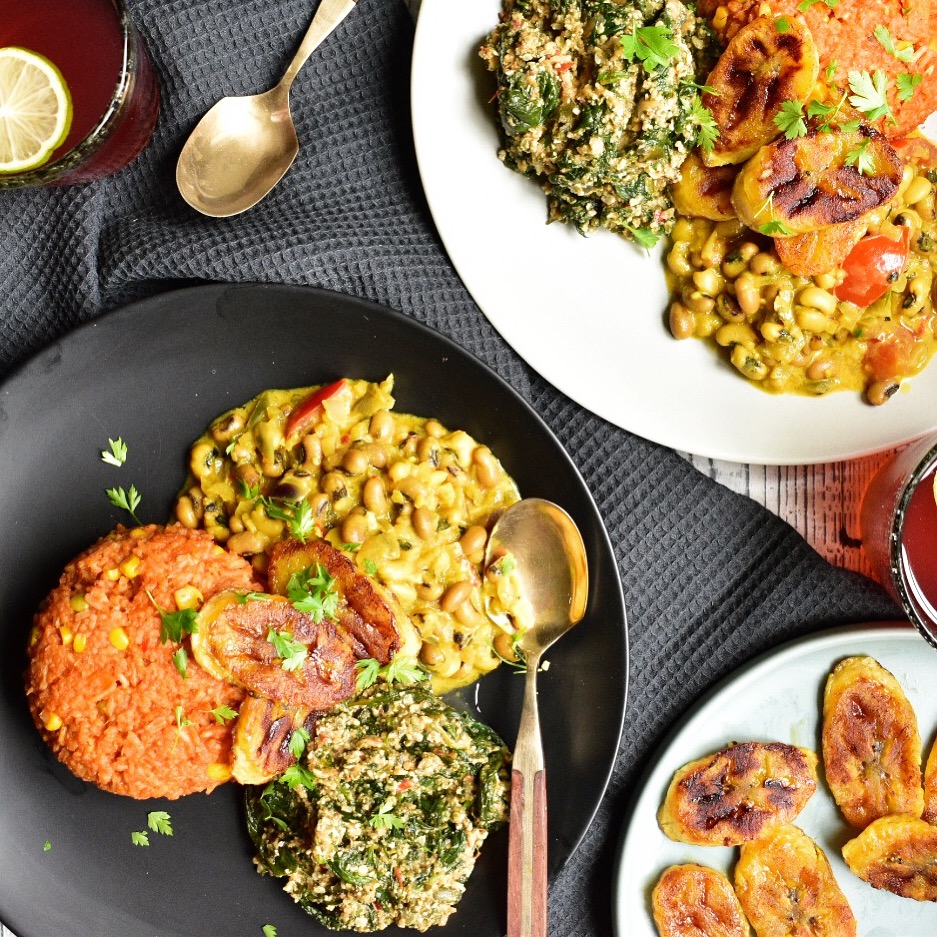
So, what happens to banku?
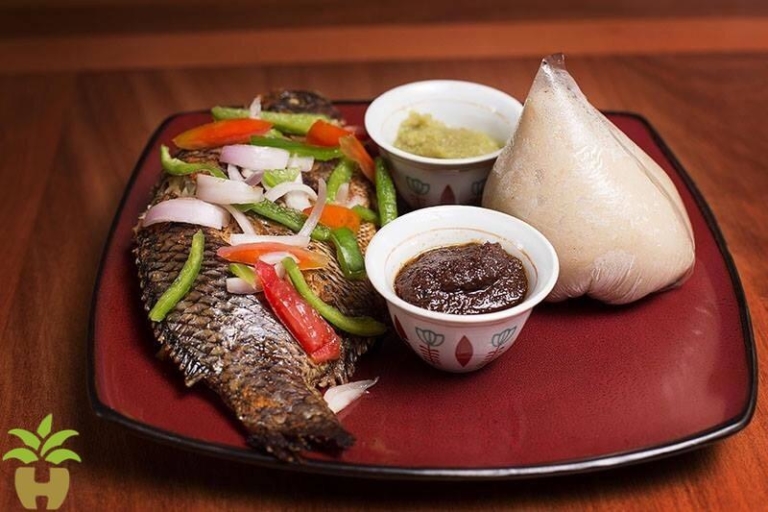
In our part of the world, you would ask how you can enjoy a bowl of fufu or banku as a vegetarian, but there is no restriction to the kinds of delicacies you could have as a vegetarian, I had an uncle who was vegan and he’d prepare soup with mushrooms as well as some veggies, and he’d take this with fufu. There are lots of Ghanaian recipes which can contain our healthy veggies as well as foreign dishes that provide all you’d need as a vegetarian. Our old folks believed in the power of our fruits and vegetables hence most of our indigenous meals use lots of vegetables and herbs.
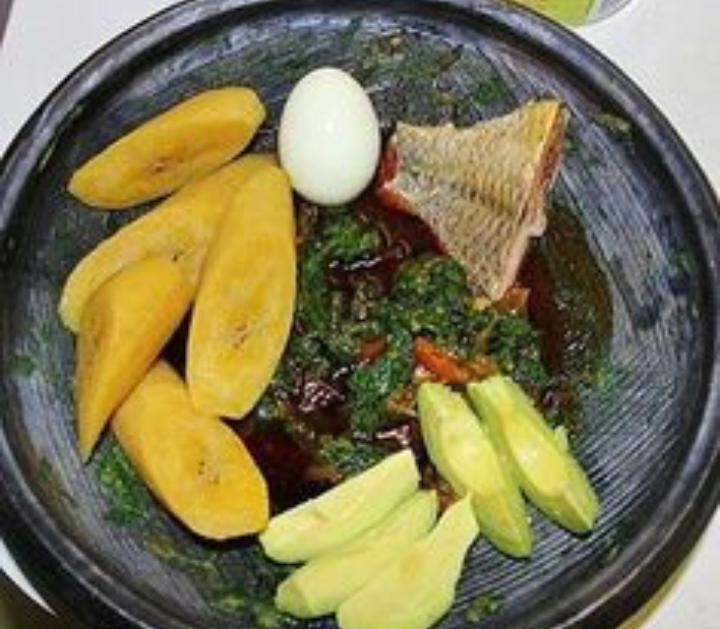
Finally...
The road to vegetarianism is not all about eating grass or herbs or "goat food" but then it requires a lot of discipline. Imagine going to an all-you-can-eat party and you see all that juicy meat yet you have to decide to go by your diet, but the good news is that it gets easier as you press on. Don’t be discouraged by the hurdles, I must say, I envy vegans for the discipline and self-control they exhibit. If you know a vegetarian, encourage them more than you tease them, for there’s a lot meat-lovers risk that they don’t.
Feel free to reach out to Pharst Care anytime for anything you’d need from a pharmacist and the pharmacy (free consultation, prescription and OTC medicines, food supplements and even laboratory tests). If you don’t have the app yet, click this link to download: app.pharst.care
Feel free to share on any platform
Similar Blogs
Anonymous Comments
We DO NOT record comments with the users who posted them.



